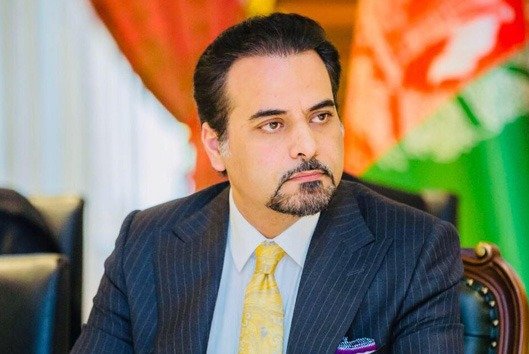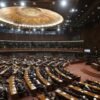ISLAMABAD: The Margalla Dialogue, organized by the Islamabad Policy Research Institute (IPRI), convened policymakers and intellectuals to discuss key issues such as regional integration, connectivity, artificial intelligence (AI), soft power, and internal security.
Federal Minister for IT and Telecommunications, Shaza Fatima Khawaja, underscored the transformative role of technology, particularly AI, in modern governance and warfare. She reaffirmed Pakistan’s commitment to adopting this technological shift through a national roadmap aimed at fostering innovation, advancing software and hardware production, and empowering startups and technical talent. The minister stressed that as computing power and algorithms reshape global dynamics, Pakistan must remain proactive in ensuring its place within this digital evolution.
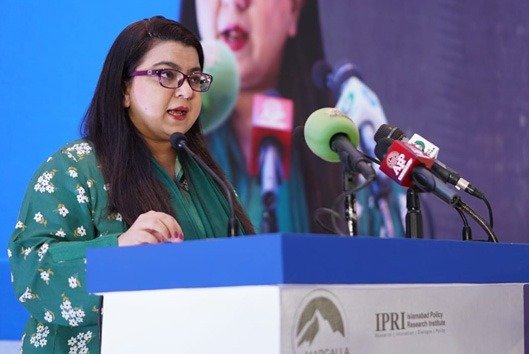
IPRI’s Director of Research, Brigadier (retd) Dr. Raashid Wali Janjua, elaborated on AI’s influence in reshaping both warfare and human existence. He pointed out significant developments like autonomous weapons and swarm drones, demonstrated in conflicts such as those in Gaza, Ukraine, and South Asia. Dr. Janjua called for an international consensus to amend humanitarian laws and integrate safeguards, such as “kill switches,” to ensure continued human oversight of AI-enabled weaponry.
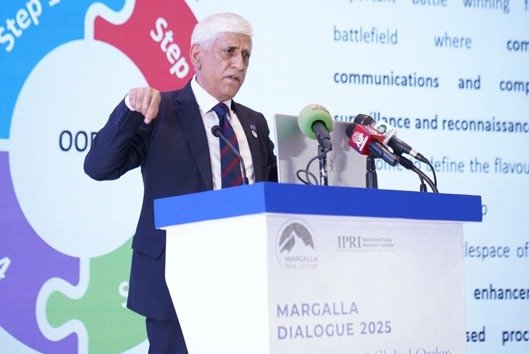
Adding to this perspective, IPRI’s Director of Advocacy and Communications, Siddique Humayun, observed how historical inventions from cannons to microchips have shaped power structures, with AI now altering patterns of governance, warfare, and information flows. He highlighted the growing control of algorithms over data distribution, narrative formation, and decision-making processes across financial systems, social media platforms, and global operations.
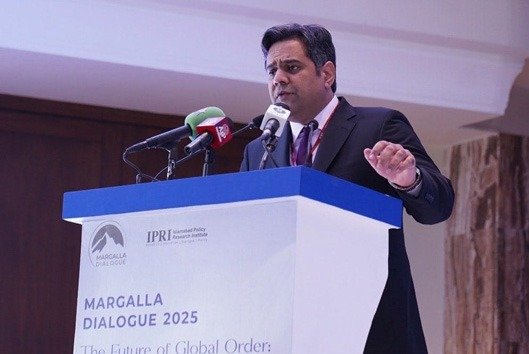
Discussions also delved into Pakistan’s strategic positioning and soft power potential. Veteran intellectual Javed Jabbar emphasized the responsible handling of Pakistan’s hard power capabilities, particularly its nuclear assets, while advocating for enhanced storytelling that highlights the country’s humanitarian initiatives to improve its global image.
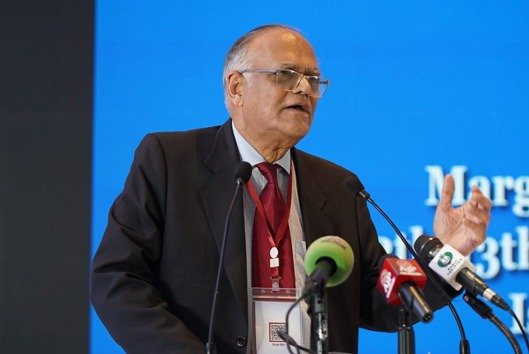
Indus Water Commissioner Syed Mehar Ali Shah focused on the critical link between Pakistan’s identity and its water resources. He advocated for effective and peaceful water management strategies both domestically and with neighboring states to ensure sustainability.
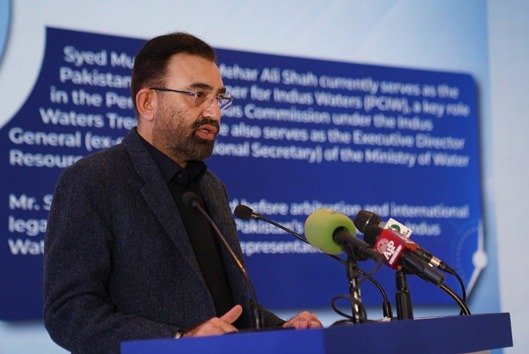
Former Corps Commander Lt Gen (retd) Aamer Riaz highlighted the need for Pakistan to transition from reliance on aid to forging equity-based partnerships. He proposed leveraging a balanced mix of soft and hard power—termed “gray power”—to protect and promote national interests.
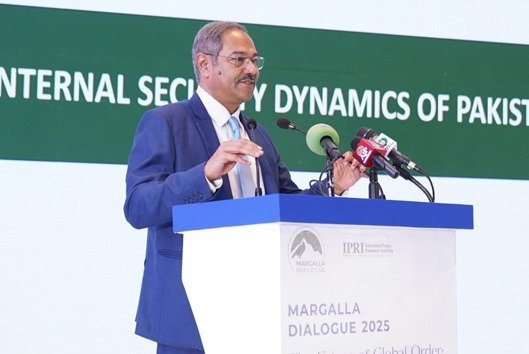
The dialogue also spotlighted regional connectivity and the geopolitical challenges stemming from Afghanistan’s instability. Ambassador Asif Durrani noted that ongoing turmoil in Afghanistan hinders regional integration efforts. Former CJCSC Gen. Ehsanul Haq outlined Pakistan’s attempts to engage the Taliban through trade and humanitarian channels despite limited success in peacebuilding initiatives. Participants collectively underlined the need for a multilateral approach to address Afghanistan’s lack of international recognition and persistent instability.
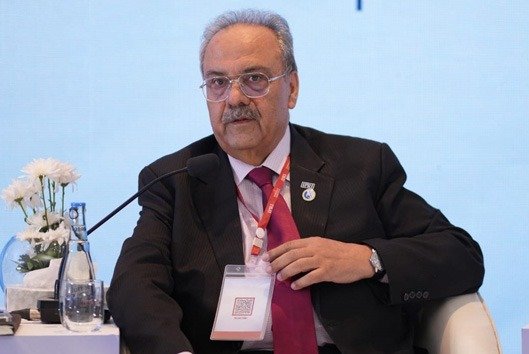
Kazakhstan’s Ambassador Yerzhan Kistafin proposed greater trade expansion and connectivity through regional corridors linking Pakistan with Central Asia, including routes traversing Balochistan, Afghanistan, Turkmenistan, and Kazakhstan.
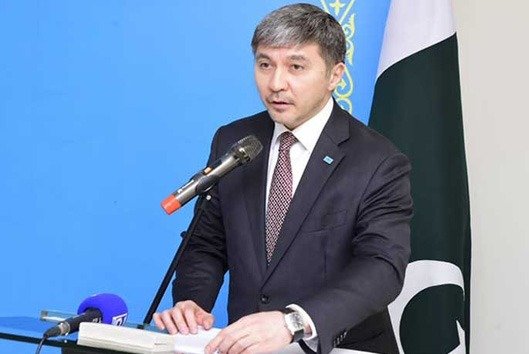
Concluding the session, former Afghan diplomat Idrees Zaman argued that sustainable peace in the region hinges on a cohesive Afghan-led stability process. He urged a collective shift from uncertainty toward predictability through cooperation and regional engagement.
